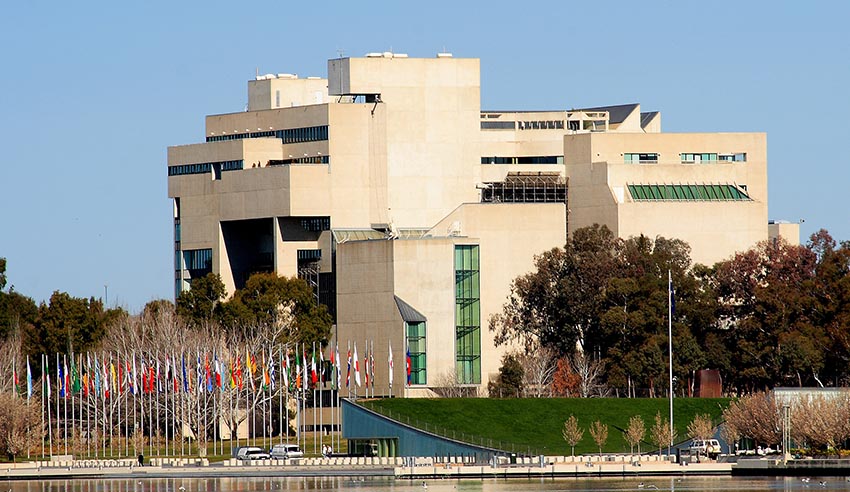Although a recent High Court decision to appeal a family law matter after it found the personal relationship between a trial judge and a barrister “particularly troubling” may inform impartiality in ongoing cases moving forward, one lawyer is concerned that it will also affect wellbeing in the judiciary and remove critical support systems.

As a result of the relationship between Judge John Walters and Gillian Anderson that consisted of in-person meetings, phone calls and the exchange of “numerous” text messages, the Australian Law Reform Commission (ALRC) is considering reforming laws that govern impartiality within the courtroom. Although an important step for the justice system, it may be equally vital to consider how this will affect wellbeing.
“Members of the bench are already in extremely difficult roles with heavy workloads. There was even a case last year where a judge took his own life. The result of this case means that judges will now have to further disassociate themselves from their friends and colleagues within the legal profession,” Mr Shkara commented.
Late last week, the High Court ruled in favour of a Perth real estate agent known only to the courts as Mr Charisteas who discovered, through his lawyers and some gossip in the Western Australian legal profession, that his wife’s barrister had been communicating with the judge in a personal capacity. Although Ms Anderson said they did not discuss the “substance” of the case, this was still the concern.
The court found that it was troubling that neither Judge Walters nor Ms Anderson disclosed their relationship until Mr Charisteas’ solicitors brought it to their attention. This was even more concerning when considering that Mr Charisteas had at one point made an application to have Judge Walters recuse himself for other reasons.
The ALRC is currently reviewing laws in relation to judicial impartiality as a result of the relationship, including examining the law about actual or apprehended bias when it comes to decision making. Based on submissions from the wider legal profession and analysis of public opinion, the inquiry may lead to major law reforms, including limiting the capacity that judges may communicate with barristers.
Mr Shkara raised the point that many members of the bench were previously at the bar and had worked alongside legal colleagues, including existing barristers, for decades. He said the expectation that judges should cut off these relationships and friendships “may have adverse effects and further isolate members of the bench”.
“While communications between judges and barristers certainly threaten impartiality in cases, isolating judges from social networks and support systems may affect the wellbeing of judges and inadvertently impact impartiality in cases as well.”
